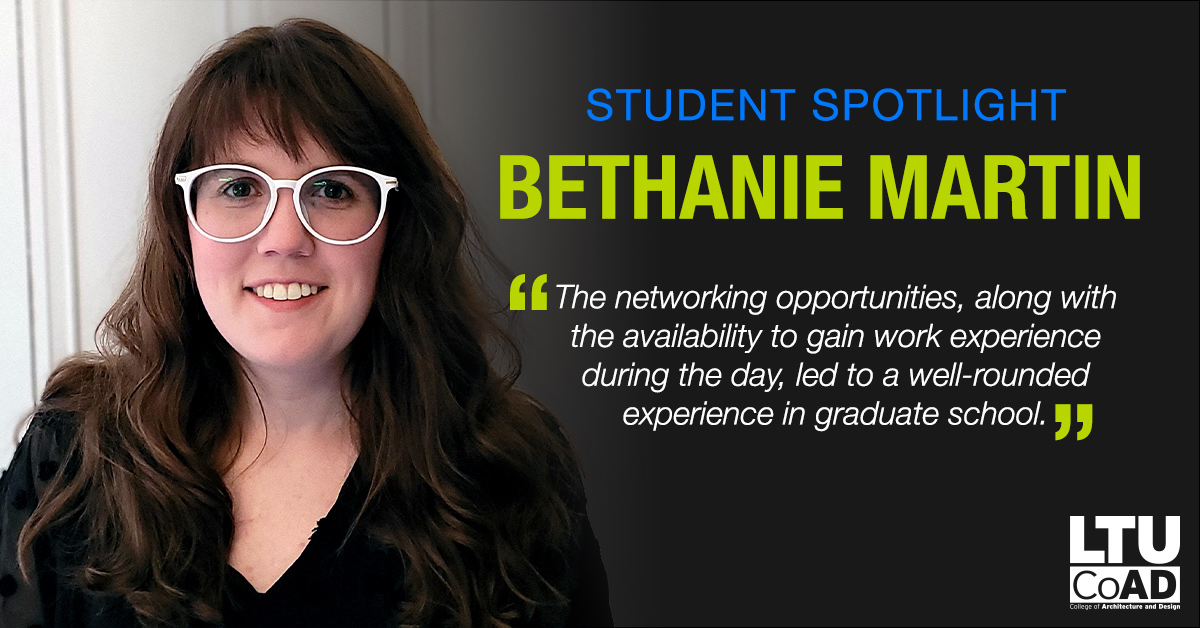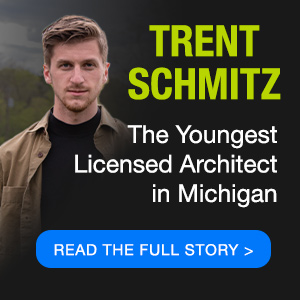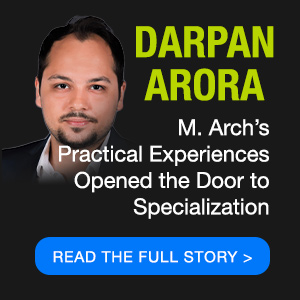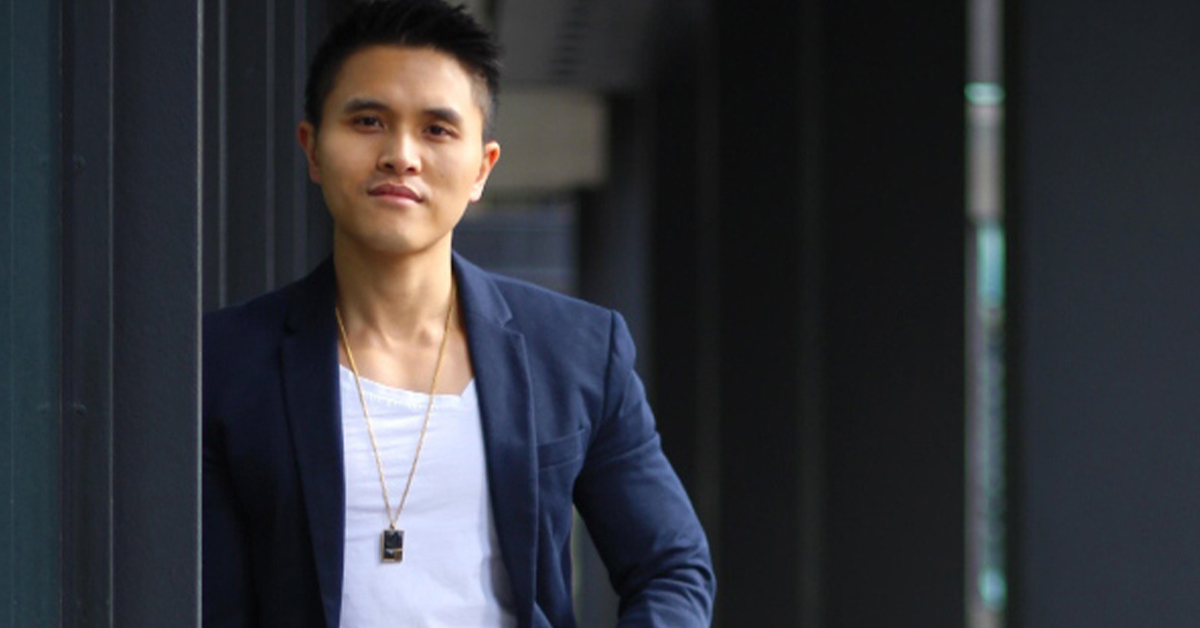The Paradise, CA Rebuild: Alum Bethanie Martin’s Experience
The design challenges facing CoAD alum Bethanie Martin and her team were stacked. Dead trees, a one-lane road, and an endangered frog were only a few obstacles to rebuilding Paradise, CA, a town that was decimated during the deadly 2018 Camp Fire.
Bethanie, Designer and Community Engagement Specialist at Pittsburgh-based Urban Design Associates (UDA), and her team were tasked with helping Paradise rebuild from the worst wildfire in California history. UDA’s approach is somewhat unconventional: by drawing residents into the design process, they incorporate a human context into their planning. Before a single structure was designed, Bethanie and her team strove to understand how Paradise residents touch, feel, and live in their community. This inclusion, and the residents’ creativity, opened the door to a long-term design vision that works on a human scale.
Their Long-term Community Recovery Plan, based on FEMA’s guidelines for recovery, focused on variables that led to the destruction like hazardous tree placement and incomplete roadways. It also addressed economic and housing concerns plaguing Paradise and outlined the steps to rebuild a town that is as protected from wildfires as it can be. Paradise will not only rebuild but thrive, thanks to Bethanie and her team’s dedication to including the human voice in the design process.
Bethanie’s commitment to meaningful design isn’t new to her, and she credits her experiences at LTU for stoking that fire. A visit to LTU as an undergrad brought to life her vision of urbanism and architecture at the intersection of social justice. As a master’s candidate, experiences like volunteering with Detroit’s Summer in the City mural program and working at the not-for-profit Detroit Collaborative Design Center firm cemented her desire to design spaces that address social woes. Later, she joined CoAD’s Scott Shall in South Africa to explore the use of recycled materials to build an outdoor makerspace, rather than allowing those materials to waste.
After she came to LTU to pursue her M.Arch, Bethanie realized that the Master of Urban Design program aligned equally well with her career interests. Earning dual graduate degrees was challenging, but the built-in flexibility of online study made it achievable. In fact, online classes had a hidden advantage for Bethanie: the diversity among her fellow students’ locations and current work led to a richly tapestried experience that exposed her to people she would not have met in a traditional program. “The networking opportunities, along with the availability to gain work experience during the day, led to a well-rounded experience in graduate school,” she says. “I’m not sure I could have ended up anywhere better.”
Today, Bethanie’s work at UDA focuses on urban design as a solution for social problems. Tackling the problem of segregated communities that resulted from historical issues like redlining and racism, she designs affordable, human-led housing in a neighborhood context.
Are you also interested in addressing social problems through architecture and design? Find out how LTU can help you achieve that goal!





